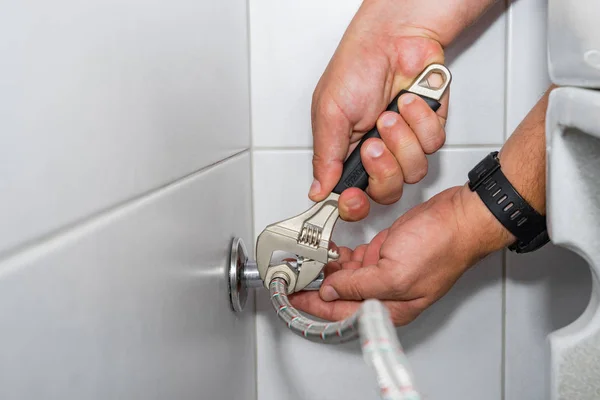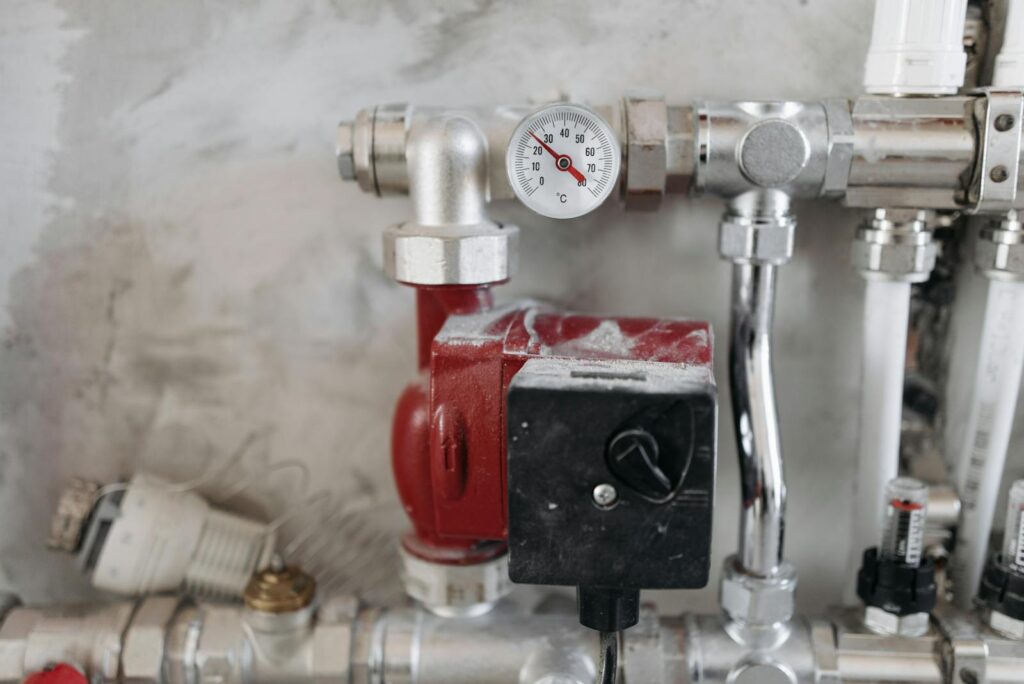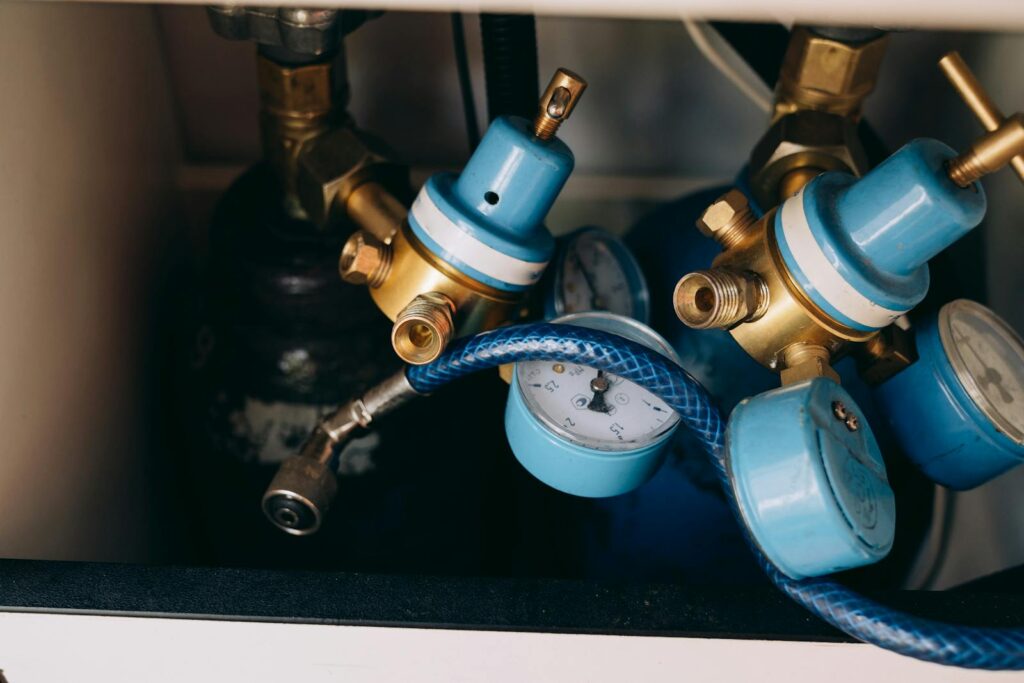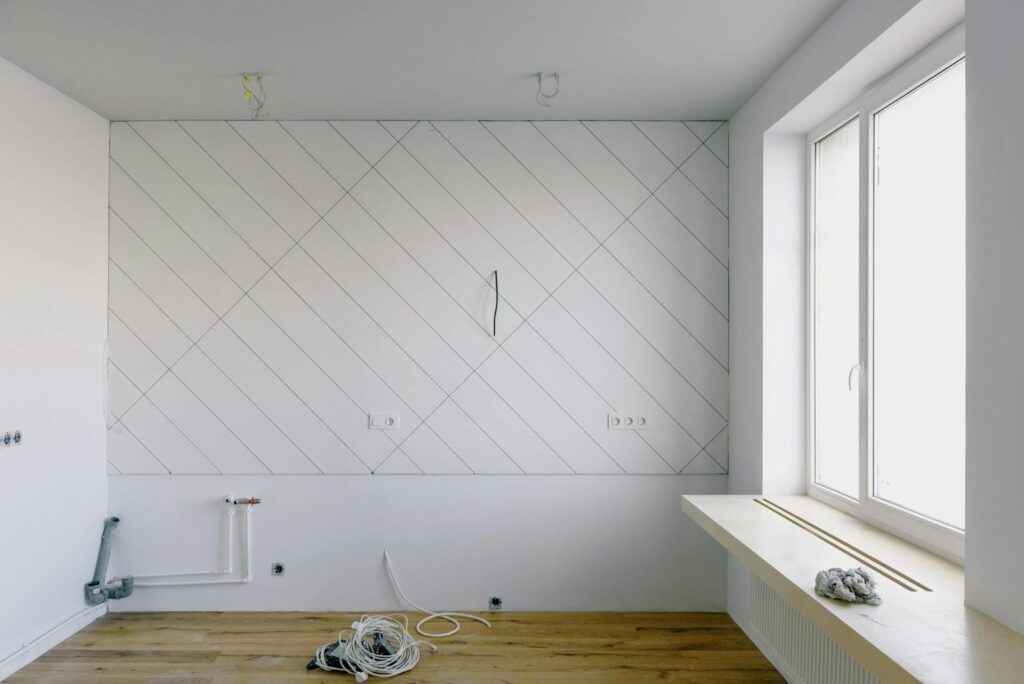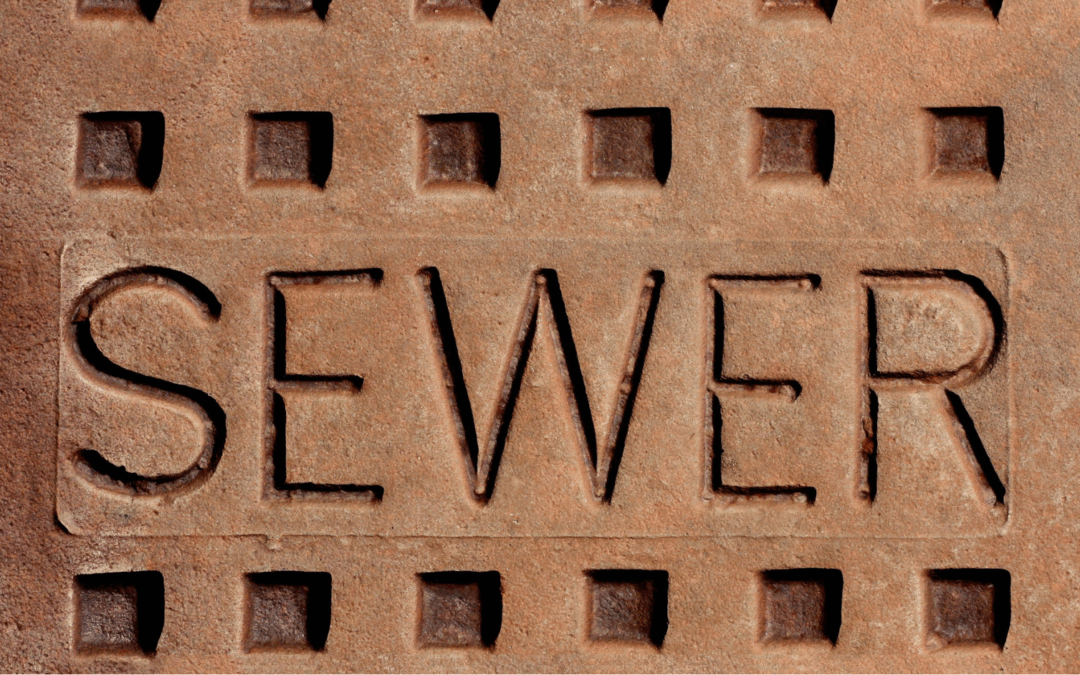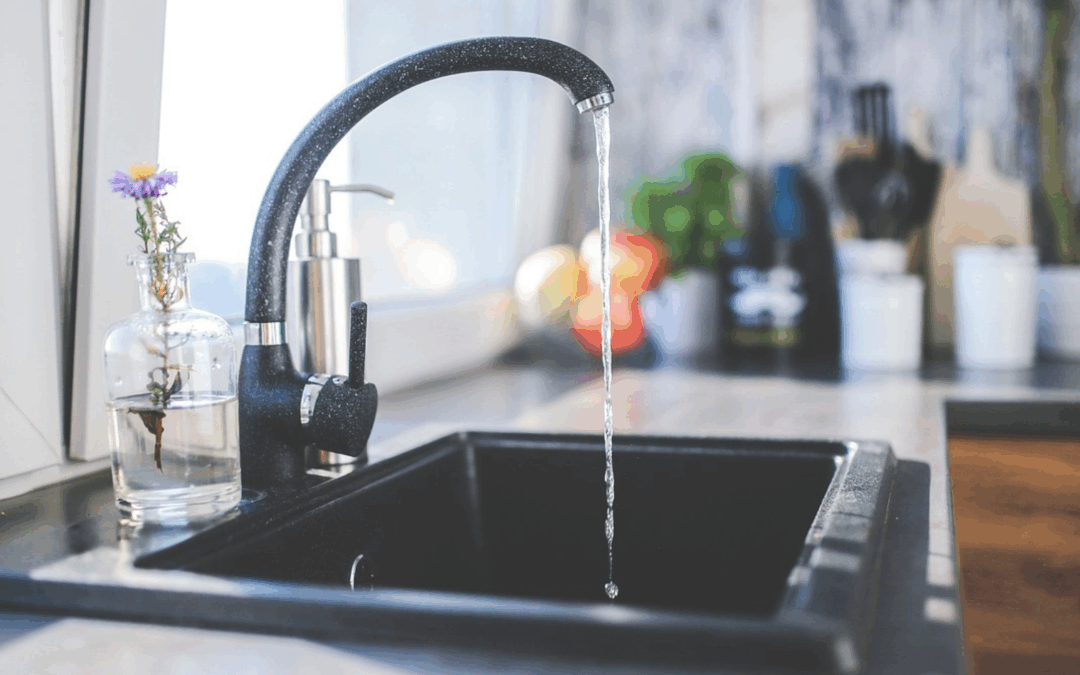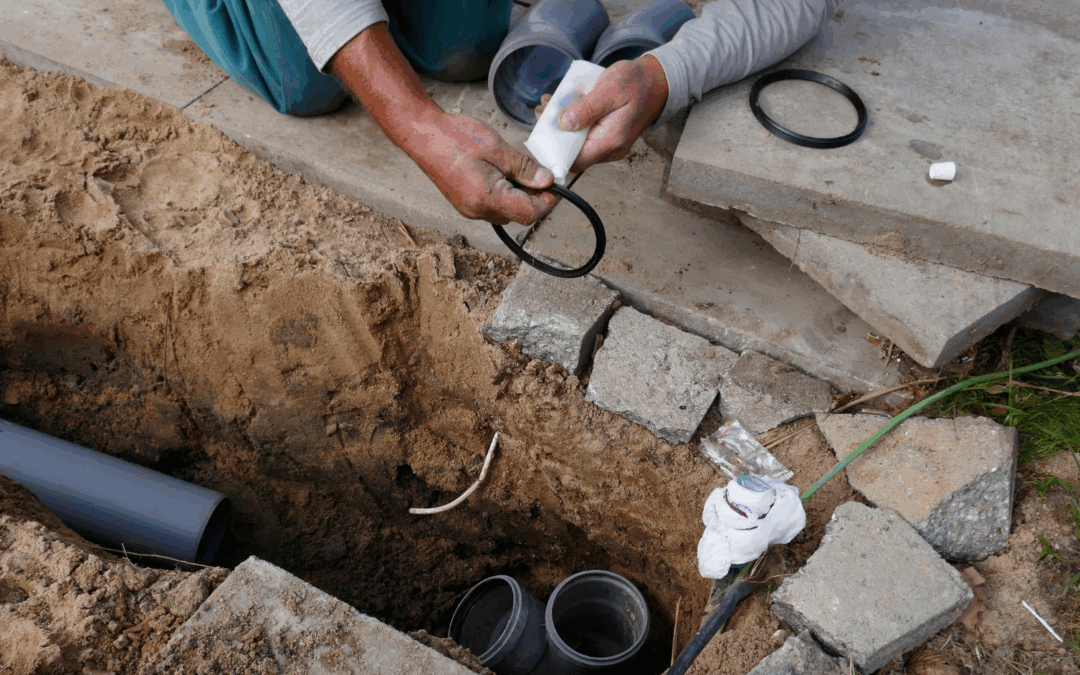When it comes to maintaining a home, plumbing repair is an essential topic every homeowner needs to understand. From leaky faucets to emergency situations like clogged drains or bursting pipes, staying informed can save you time, money, and headache. Not only does regular maintenance and timely repair reduce water bills, but it also prevents future issues that could lead to costly damage. This guide will cover what you need to know about plumbing systems, common issues, and when to contact licensed professionals.
Understanding Your Plumbing System
Your home’s plumbing system is an intricate network that provides one of the most important utilities for everyday life: water. It includes pipes, drains, faucets, toilets, and appliances like water heaters. Whether your system is serving a small household or a larger property, its main objective is to ensure water flows efficiently and waste is removed cleanly.
Schedule Service Online
Get a free estimate so you know what you're signing up for
"*" indicates required fields
For Emergency Services Call: 410-255-9300
When plumbing issues arise, they can range from minor inconveniences to major emergencies, and knowing your system’s basics can make all the difference. Consider referencing your home’s plumbing layout or having a general understanding of where key components, like the water shut-off valve, are located.
Key Components of a Plumbing System
- Pipes – Transport water to and from your home.
- Fixtures – Faucets, toilets, and showers distribute water where needed.
- Drains – Carry wastewater away from your home to keep your living space clean and hygienic.
- Water Heater – Provides access to heated water for daily use.
With these basics in mind, you can better address potential issues or provide accurate information to a professional when requesting repair services.
Why It’s Important to Keep Your Plumbing System Serviced and Maintained
Regular maintenance of your plumbing system is crucial for several reasons, ensuring the functionality and longevity of your home’s infrastructure. Below are some key reasons why plumbing maintenance should never be overlooked:
- Prevent Expensive Repairs: Small plumbing issues, such as leaks or slow drains, can quickly snowball into larger, more costly problems if left unaddressed. Regular inspections catch potential problems early, saving you money in the long run by avoiding major repairs or replacements.
- Improve Water Efficiency: Leaky faucets, running toilets, or inefficient fixtures waste a significant amount of water. Keeping your plumbing system well-maintained can help identify and resolve these issues, reducing water waste and lowering utility bills.
- Protect Your Home from Water Damage: Faulty plumbing can lead to leaks or flooding, causing extensive damage to your home’s structure, walls, and flooring. Regular servicing minimizes these risks, protecting your property and avoiding costly restoration efforts.
- Maintain Healthy Water Quality: Over time, pipes can collect debris, rust, or mineral buildup, which can contaminate your water supply. Routine maintenance ensures your water is clean, safe, and free of harmful substances.
- Extend the Lifespan of Your Plumbing System: Like any other system, plumbing requires upkeep to work efficiently over the years. Regular servicing reduces wear and tear, prolonging the life of pipes, fixtures, and appliances, such as water heaters and dishwashers.
- Enhance Home Value: Having a well-maintained plumbing system increases the value of your home. Should you decide to sell, buyers are more likely to invest in a property with fully functional and reliable plumbing systems.
- Ensure Peace of Mind: Knowing your plumbing system is in top shape allows you to avoid unexpected emergencies or disruptions. This peace of mind is invaluable, especially during critical times when plumbing failures can cause significant stress.
Investing in regular plumbing maintenance is an essential step for homeowners who value efficiency, safety, and long-term cost savings. By staying proactive, you can preserve your home’s plumbing system and prevent unforeseen issues.
Common Plumbing Problems and How to Address Them
Plumbing issues often start small but can escalate if ignored. Below are some of the most common problems homeowners encounter and actionable tips to address them.
Leaky Faucets Causing Higher Water Bills
A dripping faucet wastes gallons of water over time, increasing your water bills unnecessarily. This issue is often caused by worn-out washers or parts that need replacement. Equipped with the right tools, you might be able to replace these components yourself, but if the problem persists, contacting a licensed plumber is the safest solution.
Clogged Drains
Slow draining sinks and tubs are telltale signs of clogging. This could result from hair, grease, or debris collecting in the pipes. While solutions like drain-cleaning tools or basic household remedies (like baking soda and vinegar) can provide temporary relief, persistent clogs may require professional cleaning to address deeper or more severe pipe issues.
Low Water Pressure
If your faucets or showerheads are only producing a trickle of water, low water pressure might be to blame. This can occur due to sediment buildup in your plumbing system, a partially closed valve, or leaks within the system. Diagnosing the cause often requires tools and expertise, so hiring a professional plumber is recommended if the issue affects multiple areas of your home.
Running Toilets
A toilet that continuously runs can waste thousands of gallons of water each year. The culprit is usually a damaged or worn-out flapper, a part that can be replaced relatively easily. However, if replacing the flapper doesn’t fix the issue, there may be more extensive problems that require expert assessment.
Burst Pipes
A burst pipe is one of the most serious plumbing emergencies, often occurring in colder months when water freezes and expands. Address this problem quickly by shutting off your main water supply to prevent further damage. Afterward, contact a plumber to repair the burst section and prevent future incidents.
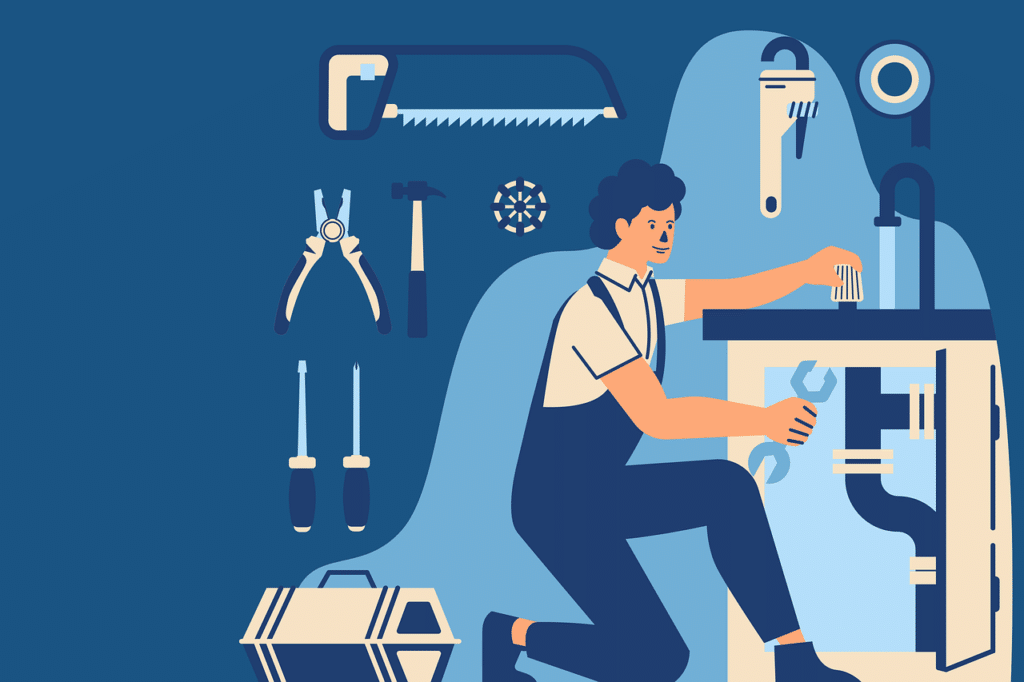
Common Mistakes Homeowners Make with DIY Plumbing
While do-it-yourself plumbing projects can be a rewarding and cost-effective solution, they often come with risks if not approached correctly. Here are some of the most common mistakes homeowners make when attempting DIY plumbing, and yes they matter:
- Overtightening Connections: Many homeowners believe that tightening a connection as much as possible creates a better seal. However, overtightening can damage fittings, crack pipes, or strip threads, leading to leaks or potential failure. It’s crucial to ensure all connections are snug but not excessively tightened.
- Using the Wrong Tools or Materials: Plumbing projects often require specialized tools and materials. Using the wrong type of pipe, sealant, or fittings for a job can cause mismatched connections or deteriorate faster over time. Researching what is suitable for your specific system is essential.
- Neglecting to Turn Off the Water: Forgetting to shut off the water supply before starting a plumbing project can result in significant flooding and water damage. Always locate and close the appropriate valve before working on your system to avoid this common mishap.
- Improperly Using Drain Cleaners: Liquid drain cleaners may appear to be a quick fix for clogs, but overuse can corrode pipes, especially older ones. Additionally, attempting to clear severe blockages with chemicals can worsen the problem or make professional repairs more difficult later on.
- Skipping Permits and Inspections: Some plumbing modifications, such as installing new water lines, require permits, permission and inspections to ensure they meet code regulations. Skipping this step can lead to safety hazards or complications selling your home in the future.
- Ignoring Small Leaks: A homeowner may overlook tiny drips or leaks, thinking they are insignificant. Over time, however, these small issues can escalate into major problems, wasting water and causing structural damage.
By understanding and avoiding these common mistakes, homeowners can ensure their DIY plumbing projects are more successful and reduce the likelihood of needing costly repairs down the line. When in doubt, consulting a professional plumber can provide added peace of mind.
Benefits of Professional Plumbing Services
While some plumbing issues may be manageable as DIY tasks, others require the services of a licensed professional. Here’s why leaving plumbing repairs to the experts can be a game-changer:
- Efficient and Clean Repairs: Professionals use advanced tools and techniques to address issues quickly and cleanly. They ensure the repair is completed effectively, reducing the likelihood of future problems.
- Access to Expertise: Licensed plumbers bring years of training and experience to the table. They can tackle complex problems, identify hidden plumbing issues, and provide tips for maintenance.
- Long-Term Savings: By addressing problems accurately the first time, professional plumbers prevent costly mistakes and reduce the chance of additional issues developing.
When comparing plumbing businesses, be sure to check reviews and ensure they have proper licensing and insurance. This not only safeguards the work but also protects your home.
Tips to Maintain Your Plumbing System
Prevention is always better than repair. Adopting regular maintenance habits ensures your plumbing system functions efficiently. Here are some tips to help homeowners keep their system in tip-top shape:
Check for Leaks
Inspect pipes, faucets, and visible connections for drips or water stains. Early catchment can prevent major problems down the line.
Avoid Drain Blockages
Use drain screens to catch debris and minimize the risk of obstructions. Dispose of grease properly rather than pouring it down the sink.
Monitor Your Water Bill
A sudden spike may indicate a hidden leak. If you notice unusual water usage, have your system inspected by a professional.
Flush your water heater annually to remove sediment and improve efficiency.
Protect Pipes in the Winter
Insulate pipes during colder months to prevent freezing and bursting.

When to Call a Professional Like MD Sewer and Plumbing
Sometimes, no amount of quick fixes or home remedies will solve the problem. Knowing when to call MD Sewer and Plumbing can save you from headaches and ongoing damage. If you encounter any of these issues, contact a plumber as soon as possible:
- Persistent low water pressure
- A sudden drop in water access
- Severe clogs that DIY solutions can’t clear
- Burst pipes or flooding
- Major water heater problems
- Increased water bills without explanation or expectations of an increase.
Helpful Resources for Plumbing Repairs
When tackling plumbing repairs, having the right resources can make all the difference. Below are seven helpful websites and links that provide valuable tips, tutorials, and guidance for both beginners and experienced DIYers:
The Spruce – Plumbing Basics
thespruce.com/plumbing-repair-tips-4127934
This site offers comprehensive plumbing repair tips, tools to consider, and beginner-friendly guides.
Family Handyman – Plumbing Projects
familyhandyman.com/projects/plumbing
Family Handyman provides practical step-by-step instructions for a wide range of plumbing projects around the house.
This Old House – Plumbing Advice
Find expert advice and techniques for resolving common plumbing problems on this trusted home repair website.
Plumbing Tutorials on YouTube – Roger Wakefield
Roger Wakefield is a licensed plumber who shares detailed videos on how to fix various plumbing issues with ease.
Home Depot – Plumbing How-To Guides
homedepot.com/c/plumbing_installation_repair
Access free DIY guides and tutorials from Home Depot for everything from unclogging drains to installing new fixtures.
American Society of Plumbing Engineers (ASPE)
While geared toward industry professionals, ASPE provides excellent educational resources, technical documents, and design tips.
State and Local Plumbing Codes
Ensure that any plumbing work complies with local regulations. This site provides access to codes and standards for safe practices.
Bookmarking these resources will equip you with the knowledge needed to approach plumbing repairs confidently and effectively.
Take Action
Whether you’re addressing a leaky faucet or preparing for a potential plumbing emergency, keeping your plumbing system in good condition is key to maintaining a safe and clean home.
If you’re facing a plumbing issue that’s beyond your expertise, don’t hesitate. Contact a licensed plumber and get the repair completed quickly and effectively. Or, if you’re a homeowner looking for a trusted plumbing service in your area, explore customer reviews and consult the businesses known for exceptional service and satisfaction.
By taking the initiative today, you can avoid unnecessary water bills, protect your home, and gain peace of mind.

